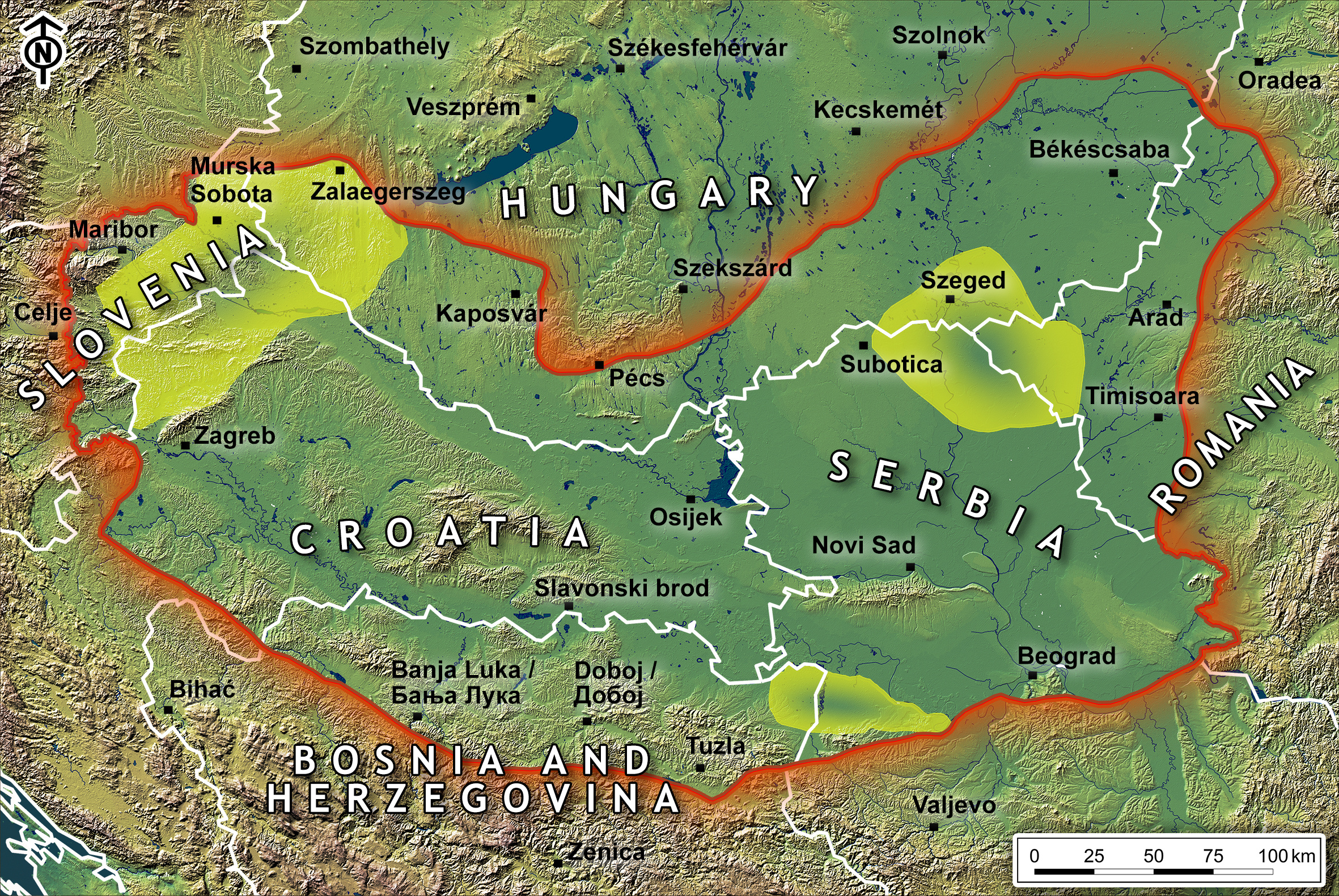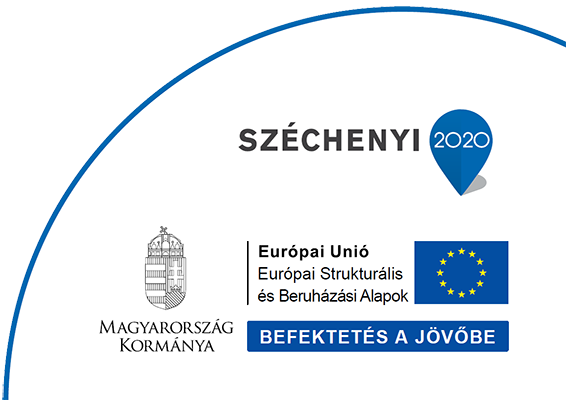
DARLINGe – Danube Region Leading Geothermal Energy
Project manager: dr. Nádor, Annamária
e-mail: nador.annamaria@mbfsz.gov.hu
Successfully addressing the first call of the Danube Transnational Programme Priority area: “Better connected and energy responsible Danube region”, 15 partners representing geological surveys, university, industry, regional energy and development agencies, ministry and municipality from Hungary, Slovenia, Croatia, Serbia, Bosnia-Herzegovina and Romania assisted by 7 Associated Strategic Partners will work together to boost the sustainable utilization of the existing, however still largely unexploited deep geothermal resources in the heating sector at the S-ern part of the Pannonian Basin.
Heating - mostly supplied by import gas from Russia - is responsible for up to 40% of primary energy consumption and for a significant part of greenhouse gas emissions in the Danube Region in Central Europe. Fossil-fuel based district heating systems have long traditions in this area; and individual households, industrial users and the agriculture sector are also major heat consumers. Moreover many of these systems operate at low efficiency and require refurbishment. The decarbonisation and the enhanced energy efficiency of the heating sector is therefore of utmost importance which would increase the security of energy supply and also contribute to the integrated energy and climate policy goals of the EU.
Among renewables to be endorsed into the heating sector, due to the favourable geological conditions geothermal energy represents a commonly shared and largely untapped resource for the Danube Region, especially in its central and SE-ern parts in the Pannonian Basin. At present, the most common way of utilizing the rich thermal groundwater stored in this hot sedimentary basin is balneology, with subordinate direct-heat applications.
The project area covers territories of S-Hungary (S-Transdanubia and S-ern part of the Great Plain), NE-Slovenia (Pomurska and Podravska), N-Croatia (Slavonia), W-ern Srpska and the Central- and N-ern parts of Bosnia-Herzegovina, N-Serbia (Vojvodina) and W-Romania (Crisana and Banat), altogether about 95000 km2.

The specific objectives of the DARLINGe project are
(1) To increase the use of geothermal energy and help the penetration of energy efficient cascade systems. This will be done by outlining and characterizing potential geothermal reservoirs at the project area and matching them with heat-market analyses, as well as by examining present uses and disseminating good practices.
(2) To establish a market-replicable tool-box (methodology) consisting of 3 complementary modules for sustainable geothermal reservoir management:
• an independent indicator based benchmark evaluation of current uses,
• a decision tree to provide a step-by-step guide to project developers,
• a geological risk mitigation scheme to maximize the success rate of a first geothermal well reaching the expected yield and temperature
These tools will be tested and verified in 3 cross-border pilot areas.
(3) To advance stakeholder cooperation (establishment of a Transnational Stakeholder Forum) to foster geothermal developments and to create a strong geothermal value chain.
The project main outputs include: various training materials, Danube Region Geothermal Information Platform (interactive web-portal), Transnational Geothermal Strategy and Action Plans, a novel methodology (tool-box) tested and verified at 3 cross-border pilot areas.
In the project MBFSZ, as Lead Partner participates in all tasks, especially in the delineation, characterization and resource assessment of potential geothermal reservoirs, in the formulation of Strategy and Action Plans, as well as in the elaboration of the tool-box and its testing at Hungarian sites.
For further information please visit the project website and subscribe for the newsletters.
DARLINGe project lasts from 01.01.2017 to 06.30. 2019. The total budget is 2 525 760,7 €, and is co-funded by the European Regional Development Fund (1612249,99 €) and by the Instrument for Pre-Accession Assistance II (534646,6 €).

